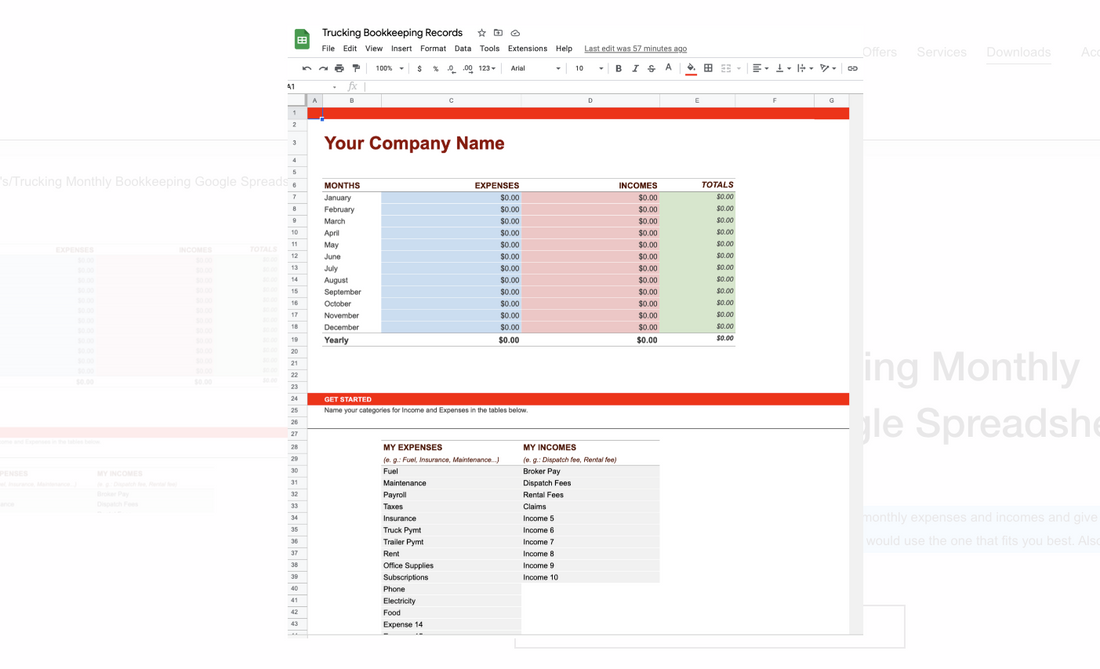
Why Carrier Databases are Important for Insurance Companies
Share
Insurance companies play a crucial role in our lives, providing financial protection and peace of mind. To effectively serve their customers, insurance companies rely on accurate and up-to-date information about carriers. This is where carrier databases come into play. In this blog post, we will explore why carrier databases are important for insurance companies and how they contribute to the smooth functioning of the industry.
What is a Carrier Database?
A carrier database is a comprehensive repository of information about insurance carriers. It contains details about carriers' financial stability, claims history, customer satisfaction ratings, and other relevant data. Insurance companies use these databases to assess the risk associated with partnering with a particular carrier and to make informed decisions about underwriting policies.
Ensuring Financial Stability
One of the primary reasons carrier databases are essential for insurance companies is to ensure the financial stability of the carriers they work with. By accessing information about carriers' financial health, insurance companies can evaluate their ability to meet their financial obligations, such as paying claims. This helps insurance companies avoid partnering with carriers that may be at risk of insolvency, protecting both the company and its policyholders.
Assessing Claims History
Carrier databases also provide valuable insights into carriers' claims history. Insurance companies can review data on the number of claims filed, the types of claims, and the settlement amounts. This information helps insurance companies assess carriers' track record in handling claims efficiently and fairly. By partnering with carriers with a positive claims history, insurance companies can enhance customer satisfaction and minimize the risk of disputes and legal issues.
Improving Underwriting Decisions
Underwriting is a critical process in the insurance industry, where insurers evaluate risks and determine the terms and conditions of policies. Carrier databases play a vital role in this process by providing insurers with the necessary information to make informed underwriting decisions. By analyzing carriers' data, insurance companies can assess the risk associated with a particular policy and set appropriate premiums. This helps insurance companies maintain profitability while offering competitive rates to their customers.
Enhancing Customer Satisfaction
Insurance companies strive to provide excellent customer service and ensure customer satisfaction. Carrier databases contribute to this goal by enabling insurance companies to partner with carriers that have a proven track record of customer satisfaction. By selecting carriers with high customer satisfaction ratings, insurance companies can enhance their own reputation and build trust with their policyholders.
Streamlining Operations
Efficiency is crucial in the insurance industry, and carrier databases play a significant role in streamlining operations. By centralizing carrier information in a database, insurance companies can access the data they need quickly and efficiently. This saves time and resources, allowing insurance companies to focus on serving their customers and growing their business.
Conclusion
Carrier databases are an integral part of the insurance industry, providing insurance companies with essential information about carriers' financial stability, claims history, and customer satisfaction ratings. By leveraging this data, insurance companies can make informed decisions, enhance customer satisfaction, and streamline their operations. The use of carrier databases ultimately contributes to a more efficient and reliable insurance industry, benefiting both insurance companies and policyholders alike.